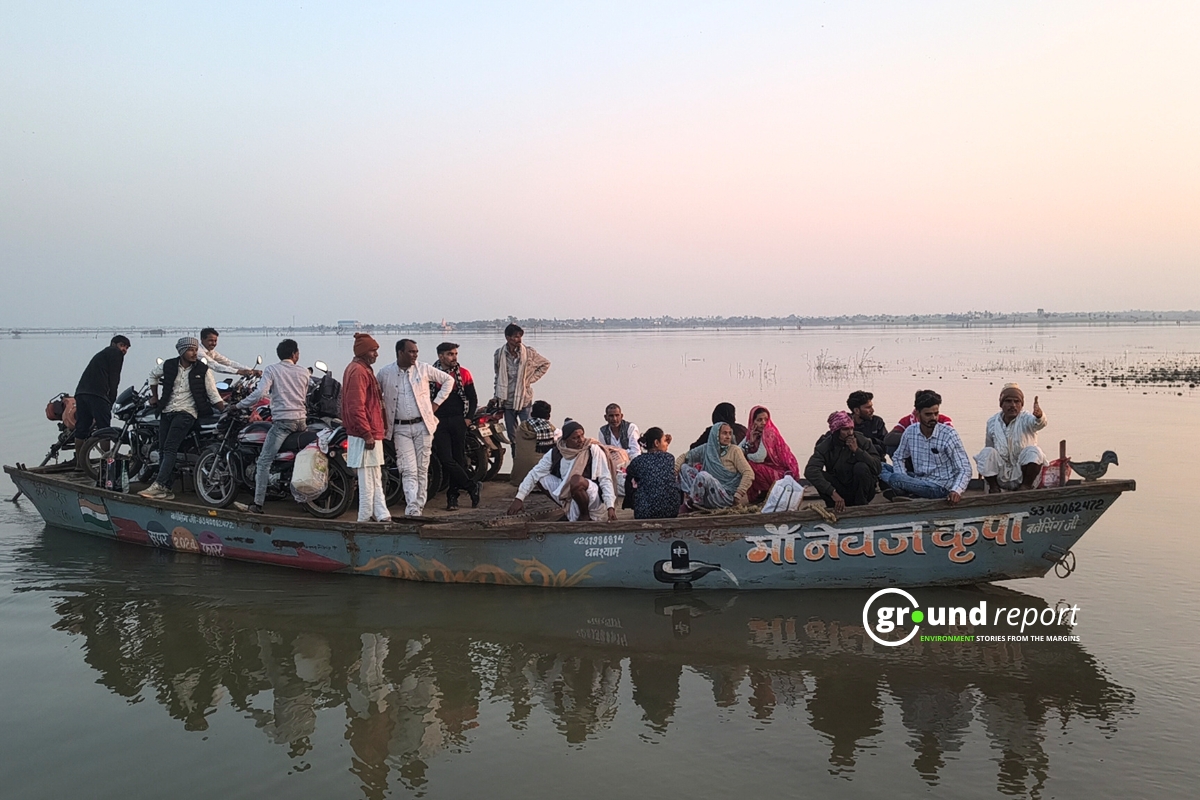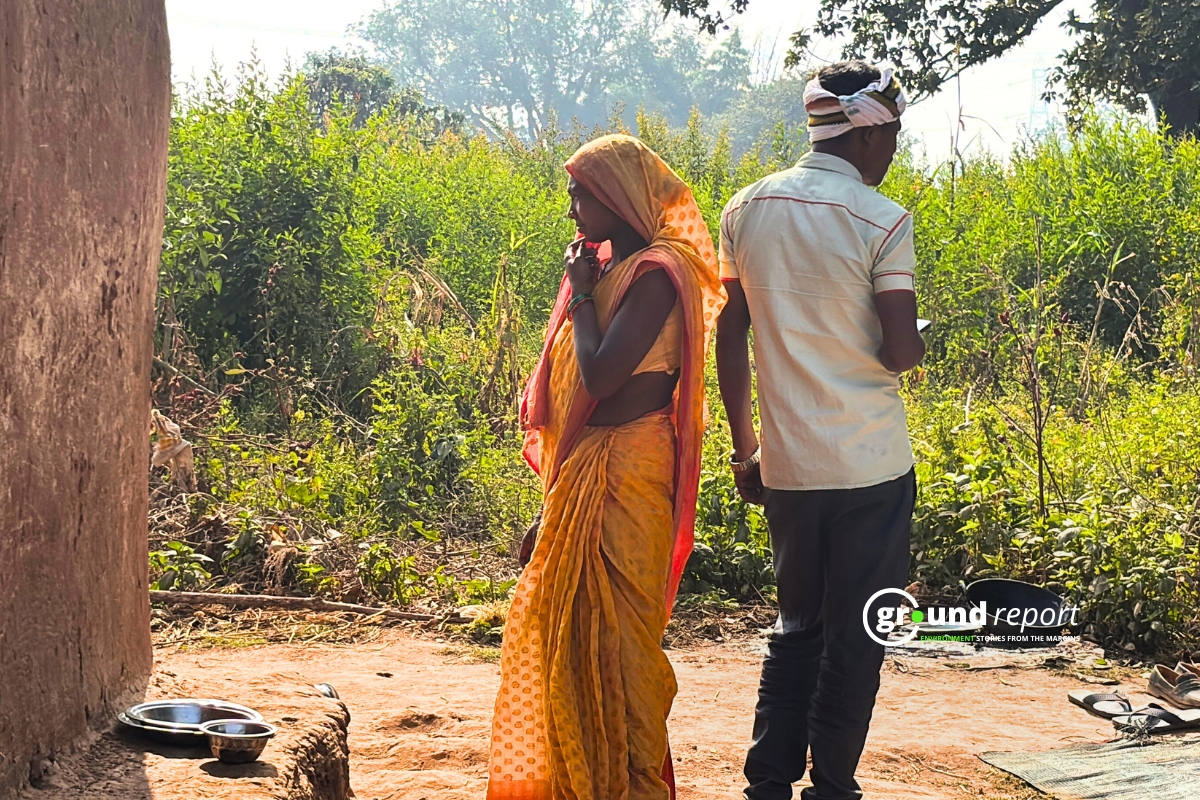India continues to grapple with severe environmental challenges as extreme weather events devastate multiple states, creating a cascade of problems that extend from natural disasters to agricultural crises and administrative failures.
Monsoon Devastation Across Northern States
The monsoon season has proven particularly brutal this year, with Himachal Pradesh bearing the brunt of nature’s fury. The state has recorded 64 deaths due to cloudbursts and landslides, with 46 people still missing, bringing the total casualties from natural disasters to 110. The situation became critical when four devotees on the Madi Mahesh Yatra were stranded, requiring a four-day rescue operation by the army due to poor road connectivity and heavy rainfall.
The impact extends beyond Himachal Pradesh, with Punjab still reeling from flood conditions, though no rain alerts have been issued for the next four days. The army has been deployed to repair embankments along the Ravi River. In Haryana, approximately 2,748 villages have been affected by floods, with 2,245 people relocated to relief camps. The state government has announced compensation of ₹4 lakh for families who lost members to the floods.
The Kashmir Valley faces its own challenges, with the Srinagar-Jammu national highway remaining closed, stranding approximately 3,000 trucks carrying essential supplies, including vegetables, desperately needed in the region.
Climate Change Drives Food Inflation
A concerning new dimension to India’s weather woes has emerged through recent research revealing how extreme weather events are directly impacting food prices. The study shows that rainfall pattern changes and record temperatures have severely affected the production of key crops like tomatoes, onions, and potatoes over the past five years.
The Reserve Bank of India’s analysis indicates that altered rainfall patterns can increase vegetable inflation by 1.2 to 4 percentage points. The impact is starkly visible in price fluctuations – tomatoes that cost ₹18 per kg in Delhi’s Azadpur Mandi in June 2024 soared to ₹70 per kg by July. Vegetable inflation jumped from 37% in July 2023 to 42% by October, demonstrating how climate change has moved beyond scientific debate to directly affect household budgets.
Fertiliser Crisis Compounds Farmer Woes
Adding to weather-related challenges, Madhya Pradesh faces a persistent fertiliser shortage crisis. Despite adequate stocks being available, administrative inefficiencies prevent proper distribution to farmers. The situation has led to violent confrontations, with recent incidents in Rewa, Satna, Panna, and other districts showing farmers clashing over fertiliser tokens, sometimes resulting in police action.
The crisis is particularly acute during the kharif season when farmers require urea for crops like paddy and maize. While soybean requires 23 kg of urea per acre, wheat needs 40 kg, and crops like paddy and maize require even more to maintain soil nitrogen levels. The sight of farmers standing in long queues, sometimes knee-deep in water during the rainy season, has become a recurring image of administrative failure.
Forest Department Struggles with Staff Shortages
Environmental conservation efforts face their own institutional challenges. Madhya Pradesh’s forest department is operating with critical staff shortages, with the Rani Durgavati Tiger Reserve functioning without a field director for two years and Ratapani Tiger Reserve without one for eight months.
According to the forest department’s 2024 annual report, over 50% of positions remain vacant across all levels. Of 14,024 sanctioned forest guard positions, 2,500 are unfilled. The Bhopal circle lacks a Chief Conservator of Forest, and even specialised positions like research officers in Project Tiger Kanha remain vacant.
A Pattern of Systemic Failures
These interconnected crises reveal a pattern of systemic failures where natural disasters are compounded by administrative inadequacies. While the government invests heavily in publicity campaigns – as seen with the extensive advertising for Ratapani Tiger Reserve’s creation – basic infrastructure and human resources remain woefully inadequate.
The situation demands urgent attention to both immediate relief measures and long-term systemic reforms to build resilience against climate change impacts while ensuring efficient delivery of essential services to farmers and affected communities.
You can listen to our audio podcast covering daily environmental news on Spotify.









